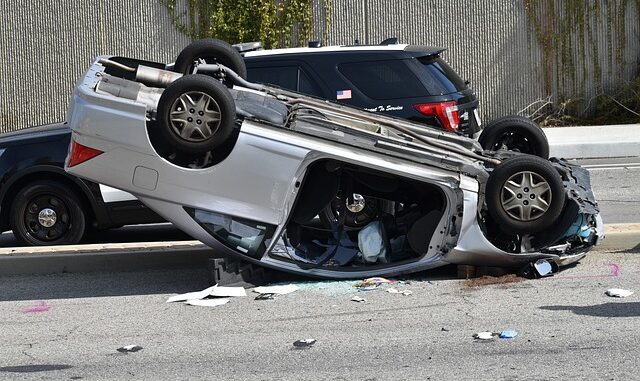
Imagine this: you’ve been in a car accident. Thankfully, you’re alive, but your injuries are significant. Daily tasks you once took for granted, like cleaning the house or mowing the lawn, are now seemingly insurmountable. This is where Ontario’s Statutory Accident Benefits Schedule (SABS) can help. However, there’s a key detail to consider regarding housekeeping benefits – they’re not always automatically available.
Housekeeping Benefits: A Lifeline for Catastrophic Injuries
SABS mandates that all Ontario auto insurance policies include housekeeping and home maintenance benefits. This sounds great, right? Unfortunately, there’s a crucial caveat. These benefits are only accessible if you sustain a catastrophic impairment.
If your injuries fall short of this definition, you won’t be eligible for housekeeping benefits under the mandatory SABS coverage. This can be a harsh reality for those struggling with significant but non-catastrophic injuries that still limit their ability to manage household chores.
The Optional Coverage Lifeline
The good news is there’s a potential solution: optional accident benefits. Most insurance companies offer additional coverage options beyond the mandatory SABS requirements. These optional benefits can include housekeeping and home maintenance coverage, even for non-catastrophically injured individuals.
Here’s what to consider when exploring optional coverage for housekeeping benefits:
- Cost: Adding optional benefits will increase your insurance premium. Weigh the potential cost against the likelihood of needing such assistance in the event of an accident.
- Coverage Details: Carefully review the specifics of the optional coverage. It will outline the eligibility criteria, benefit amount (often capped at $100 per week), duration of coverage (usually limited to 2 years for non-catastrophic injuries), and acceptable expenses (e.g., professional cleaning services, yard maintenance).
Making the Case for Housekeeping Benefits
Even with optional coverage, securing housekeeping benefits can involve submitting documentation to your insurance provider. This may include:
- Medical Reports: Reports from your doctor outlining the limitations caused by your injuries and how they impact your ability to manage household chores.
- Treatment Plans: Documentation outlining ongoing treatment plans that may further restrict your ability to maintain your home.
- Quotes for Services: Quotes from cleaning companies or home maintenance providers to demonstrate the reasonable cost of the assistance you require.
Beyond Insurance: Exploring Other Options
While insurance should be the primary source for housekeeping benefits, there are other avenues to consider:
- Government Assistance Programs: Depending on your situation, government programs might offer support for home care services. Research programs offered by provincial and federal levels.
- Community Support Services: Local charities or community organizations may provide limited housekeeping assistance to those in need.
The Importance of Legal Guidance
Navigating accident benefits, particularly when dealing with denials or disputes with your insurance company, can be complex. Consider seeking legal advice from a lawyer specializing in personal injury law. They can help you understand your rights, gather necessary documentation, and advocate for your entitlement to housekeeping benefits.
Remember: After an accident, your physical and mental well-being are paramount. Housekeeping benefits can ease the burden of managing your home, allowing you to focus on recovery. By understanding the eligibility requirements and exploring all available options, you can ensure a cleaner path to healing.
